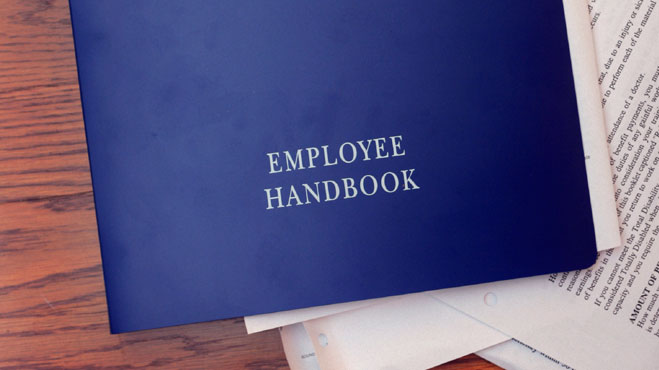The benefits of employing older workers
If you've seen the latest Nancy Meyers film, "The Intern", then you'll know a thing or two about the benefits of age diversity in any workplace.
Making an interesting statement about human resources in modern organisations, the film shifts the focus from millennials and digital disruption – even though these are central to the fictional business – to that of the value one particular worker brings to the company.
Age diversity illuminated by Hollywood
Ben Whittaker (Robert De Niro) is a 72 year old widowed executive. Bored by retirement, he applies for a senior internship programme as part of a fast-growing e-commerce fashion business. Senior, in this case, is not referring to his position or experience, but rather his age.
Working alongside tech-savvy twenty-somethings, many at the organisation – including the CEO Jules Ostin (Anne Hathaway) – did not take the community outreach program seriously. However, Ben quickly proved his worth to the company, working longer hours, offering mentorship and counselling to many workers. In a job market supposedly owned by millennials, this forced many of us viewers to start considering the value of hiring mature workers.

The benefits of recruiting mature workers
A survey from the Chartered Institute of Personnel and Development (CIPD) found that the primary benefits associated with hiring older workers was that of knowledge sharing and improved problem-solving.
With a broader set of professional and personal experiences, mature workers are able to bring this wisdom to the table. While younger workers are often sought after for their digital aptitude, older workers are more likely to have acquired many of the traditional business skills that their younger counterparts lack. Ultimately, having different generations interact and mentor each other lays down the framework for a plethora of benefits to grow from.
McCrindle Research found that Aussies change jobs every 3.3 years, but over-45-year-olds do it half as often.
Older workers are generally more loyal
You might be thinking, "they won't be with us for long". However, statistics paint a very different picture.
In 2014, McCrindle Research investigated Australia's job mobility finding that, nowadays, people will work for around 17 different employers in their lifetime, with each tenure averaging around 3.3 years. Gone is the ideal of a job for life, you might say, until we look beyond the statistical averages and break down the averages by age.
The average tenure for an under-25-year-old is only 1 year and 8 months. For those aged between 25 and 35, this rises to 2 years and 8 months. The next decadal bracket averages 4 years and for those aged over 45, it's up to 6 years and 8 months.
If you're wanting to expand your diversity strategy and reap the benefits of multiple generations at work, contact Flexi Personnel today.





